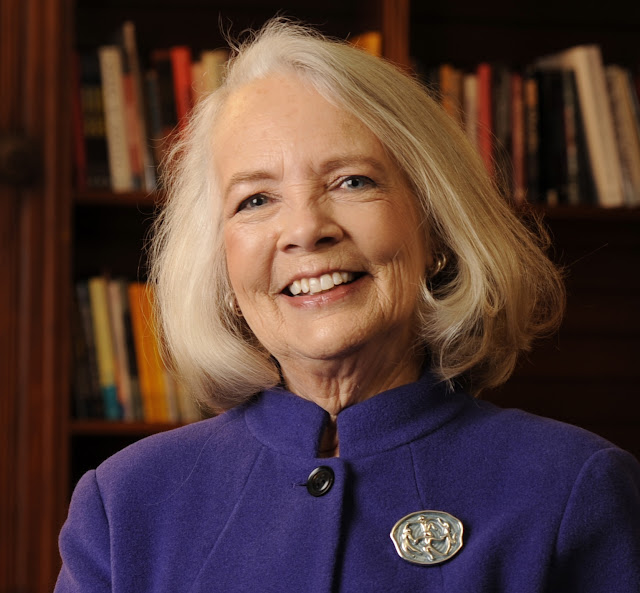Susan McGee Bailey, PhD served as Executive Director of the Wellesley Centers for Women (WCW), and a Professor of Women’s & Gender Studies and Education at Wellesley College for 25 years.
Following college she taught in Asia, Latin America and the United States; experiencesthat fostered her commitment to gender equitable education as a cornerstone ofactive citizenship. As the principal author of the 1992 AAUW Report: How Schools Shortchange Girls, her insights fostered national public dialog on gender in K-12 education.
The years living abroad also strengthened her belief in the importance and power of women’s global connections. Currently she sits on the Board of the Institute for Women’s Studies in the Arab World at Lebanese American University in Beirut, Lebanon and is a member of the Advisory Council of Boston’s Ford Hall Forum. She has served on a variety of boards including the Board of the National Council for Research on Women, which she chaired.
Susan earned an M.A. and Ph.D. from the University of Michigan and held a postdoctoral fellowship in public health from Johns Hopkins University. Before joining the Wellesley Centers, she directed the Resource Center on Educational Equity at the Council of Chief State School Officers in Washington, DC, the Policy Research Office on Women’s Education at Harvard University and held various posts at the Connecticut State Department of Education.
Susan has received numerous awards for her research and public advocacy, is frequently quoted in the media and has appeared on a variety of radio and television programs. In 2011 the National Council for Research on Women spotlighted her as a feminist icon. As the single mother of a developmentally and physically challenged daughter, she has worked for more than 35 years with community organizations addressing the needs of disabled children.
A firm believer in the continuing reality of the feminist adages: that the personal is political and that there are no individual solutions, she is delighted to join Girl w/Pen and will be blogging once a month at SECOND LOOK with posts focusing on where we’ve been and where we need to go.
Follow Susan on Twitter: @feministstrong


